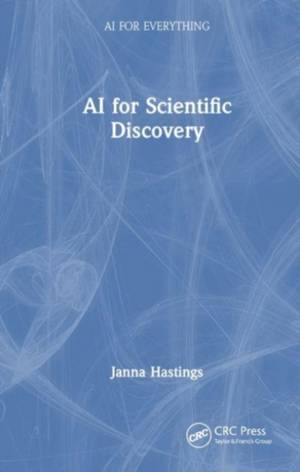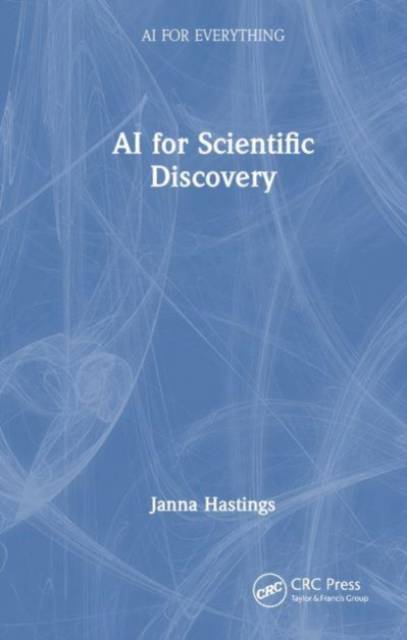
- Retrait gratuit dans votre magasin Club
- 7.000.000 titres dans notre catalogue
- Payer en toute sécurité
- Toujours un magasin près de chez vous
- Retrait gratuit dans votre magasin Club
- 7.000.0000 titres dans notre catalogue
- Payer en toute sécurité
- Toujours un magasin près de chez vous
Description
AI for Scientific Discovery provides an accessible introduction to the wide-ranging applications of artificial intelligence (AI) technologies in scientific research and discovery across the full breadth of scientific disciplines. AI technologies support discovery science in multiple ways. They support literature management and synthesis, allowing the wealth of what has already been discovered and reported on to be integrated and easily accessed. They play a central role in data analysis and interpretation in the context of what is called 'data science'. AI is also helping to combat the reproducibility crisis in scientific research by underpinning the discovery process with AI-enabled standards and pipelines and supporting the management of large-scale data and knowledge resources so that they can be shared and integrated and serve as a background 'knowledge ecosystem' into which new discoveries can be embedded. However, there are limitations to what AI can achieve and its outputs can be biased and confounded and thus should not be blindly trusted. The latest generation of hybrid and 'human-in-the-loop' AI technologies have as their objective a balance between human inputs and insights and the power of number-crunching and statistical inference at a massive scale that AI technologies are best at.
Spécifications
Parties prenantes
- Auteur(s) :
- Editeur:
Contenu
- Nombre de pages :
- 120
- Langue:
- Anglais
- Collection :
Caractéristiques
- EAN:
- 9781032128771
- Date de parution :
- 06-06-23
- Format:
- Livre relié
- Format numérique:
- Genaaid
- Dimensions :
- 129 mm x 198 mm
- Poids :
- 239 g

Les avis
Nous publions uniquement les avis qui respectent les conditions requises. Consultez nos conditions pour les avis.






